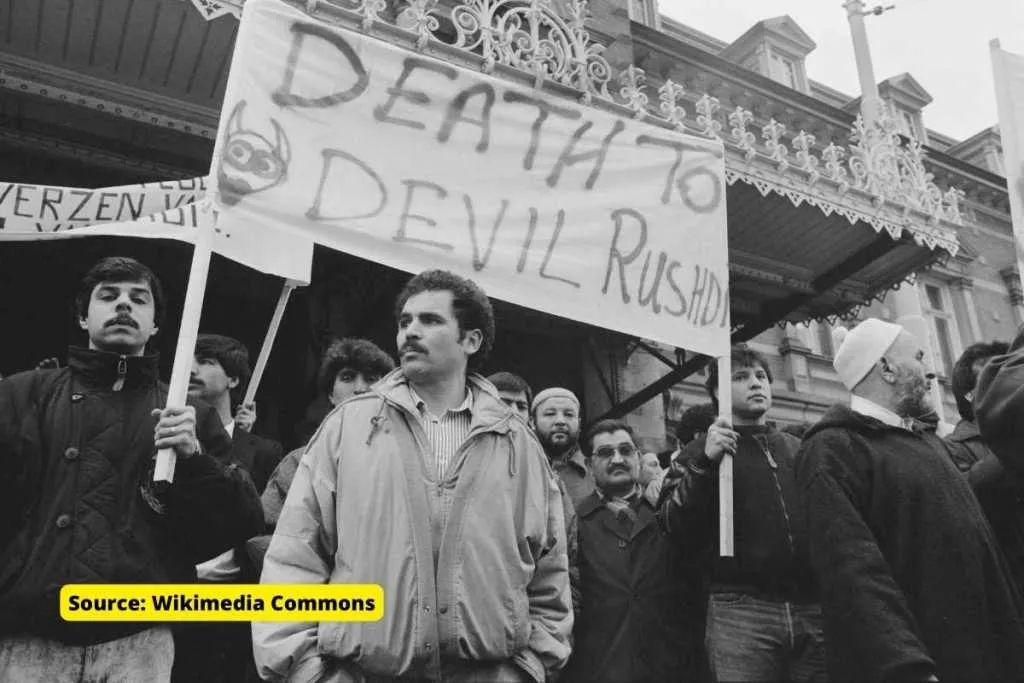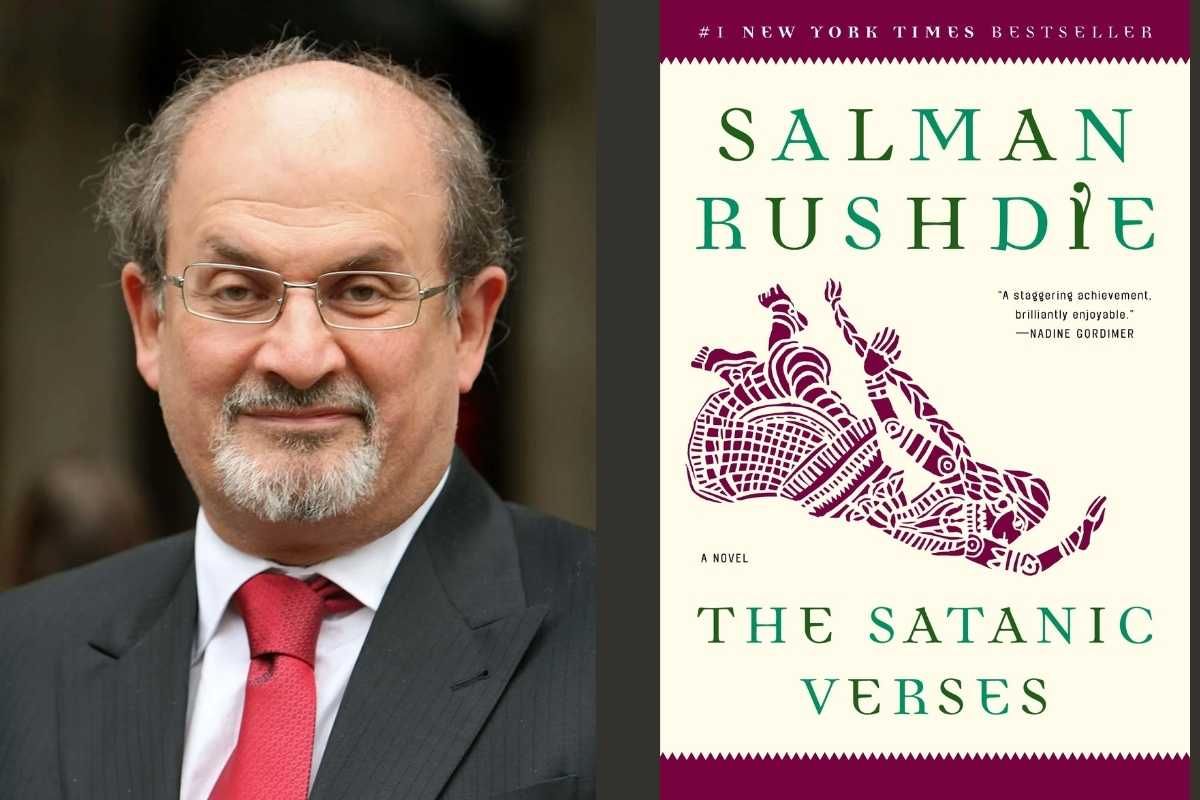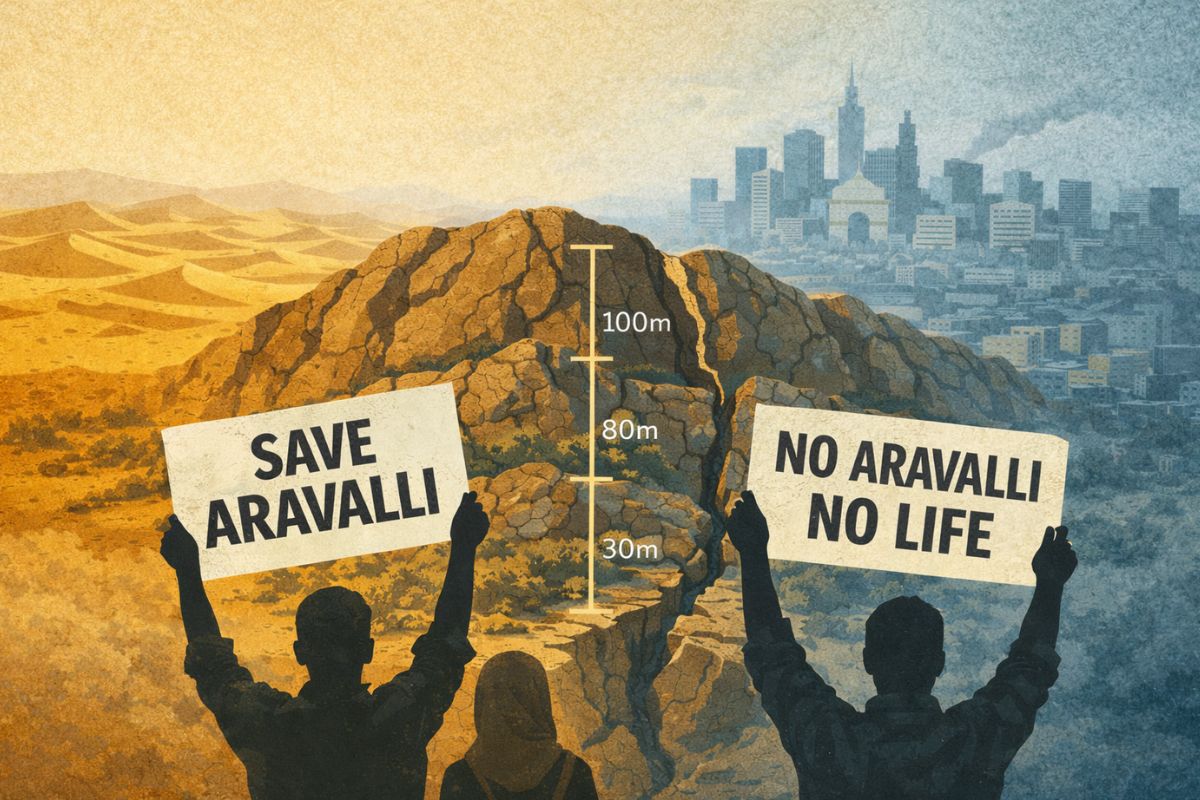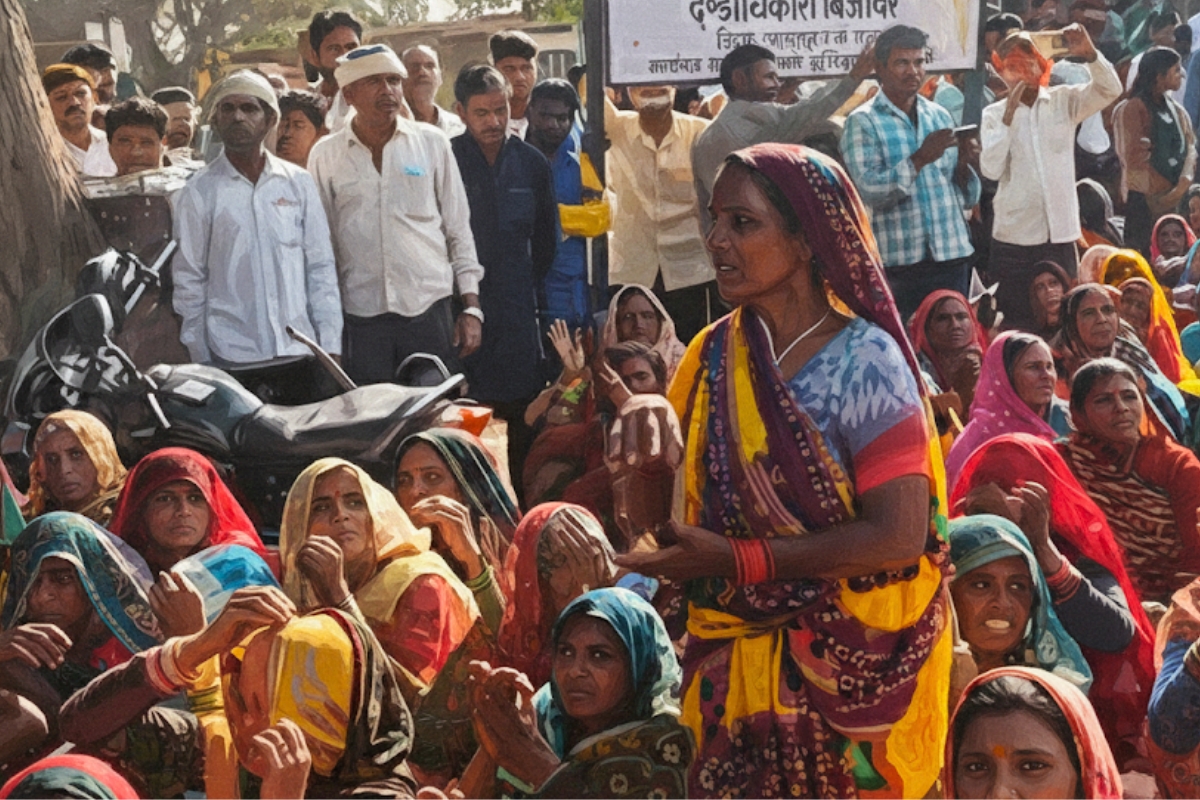Satanic Verses Controversy: Salman Rushdie is one of the most popular and regarded contemporary writers. His popularity stems from the Booker Prize-winning novel Midnight’s Children. The novel is regarded as a masterpiece and the first of its kind in post-colonial literature which established Indian culture in its ‘lingo’. Salman Rushdie is the pioneer of such storytelling experimentation.
The Satanic Verses controversy
In September 1988, a novel was published and immediately banned in countries with large Muslim populations including India. The novel was The Satanic Verses. The book was also shortlisted for the booker prize that year. But, what was so controversial that it was banned much before it was published in several countries? People were offended to the extent that, in Japan, the book’s translator was assassinated. Adding fire to the fuel, a fatwa to murder Salman Rushdie was issued by the Supreme Leader of Iran: Ayatollah Khomeini.

So, what was so controversial? The protestors across countries burned the books, and termed in blasphemous to Islam, as it questions the doctrine of Islam and puts Prophet Mohamad under scrutiny. The title of the book is taken from one of the anecdotes from the early biographers of Prophet Mohmmad. The author writes in the book when the Prophet is receiving wisdom from the Archangel Gabriel, he is also propagating the same in Mecca and including followers of this new emerging religion. During one such conversation, to appease the elites in Mecca, the Prophet recites verses acknowledging the prominence of the Arabic Pagan goddess, besides Allah. Although, the Prophet later retraces saying those verses were not from Archangel Gabriel (hence, ‘Satanic Verses’.)
The above-mentioned part in the book, as well as the comparison of the prostitutes with Prophet Mohammad’s wives, was blasphemous to the protesters. The book mentions a person should not believe in something without questioning it, and with questions stem doubts. And faith can’t exist where doubt is.
While burning, and destroying the book, the protestors called the author worshipper of ‘Satan’.
Conclusion
If you follow Rushdie’s novel, he has constantly criticized religion. This book was direct scrutiny of the same. While it may seem he is talking about Islam, he is talking about a much bigger understanding of the ‘emergence of idea’, and how the world treats it. An idea like ‘freedom of speech in this modern world is under so much debate. As an idea is being scrutinized, what do you do with it? You don’t believe it, hands down. You question the idea and let it answer those questions which polish the idea.
Salman Rushdie is an idea for this world, and that idea has made its own space, but this controversy will always somehow define him.
Also, Read
5 controversial books of Salman Rushdie
You can connect with Ground Report on Facebook, Twitter, Koo App, Instagram, and Whatsapp and Subscribe to our YouTube channel. For suggestions and writeups mail us at GReport2018@gmail.com










